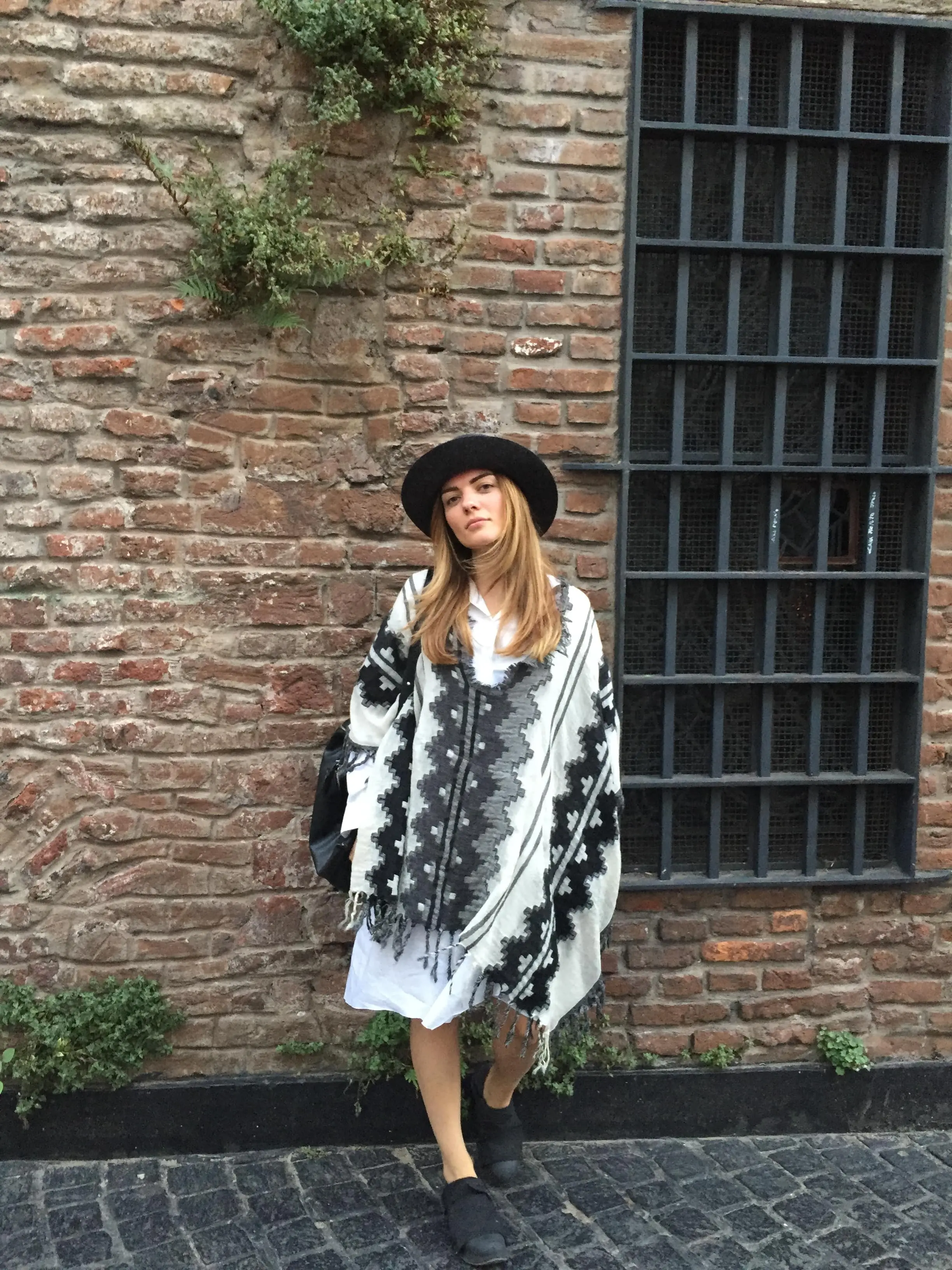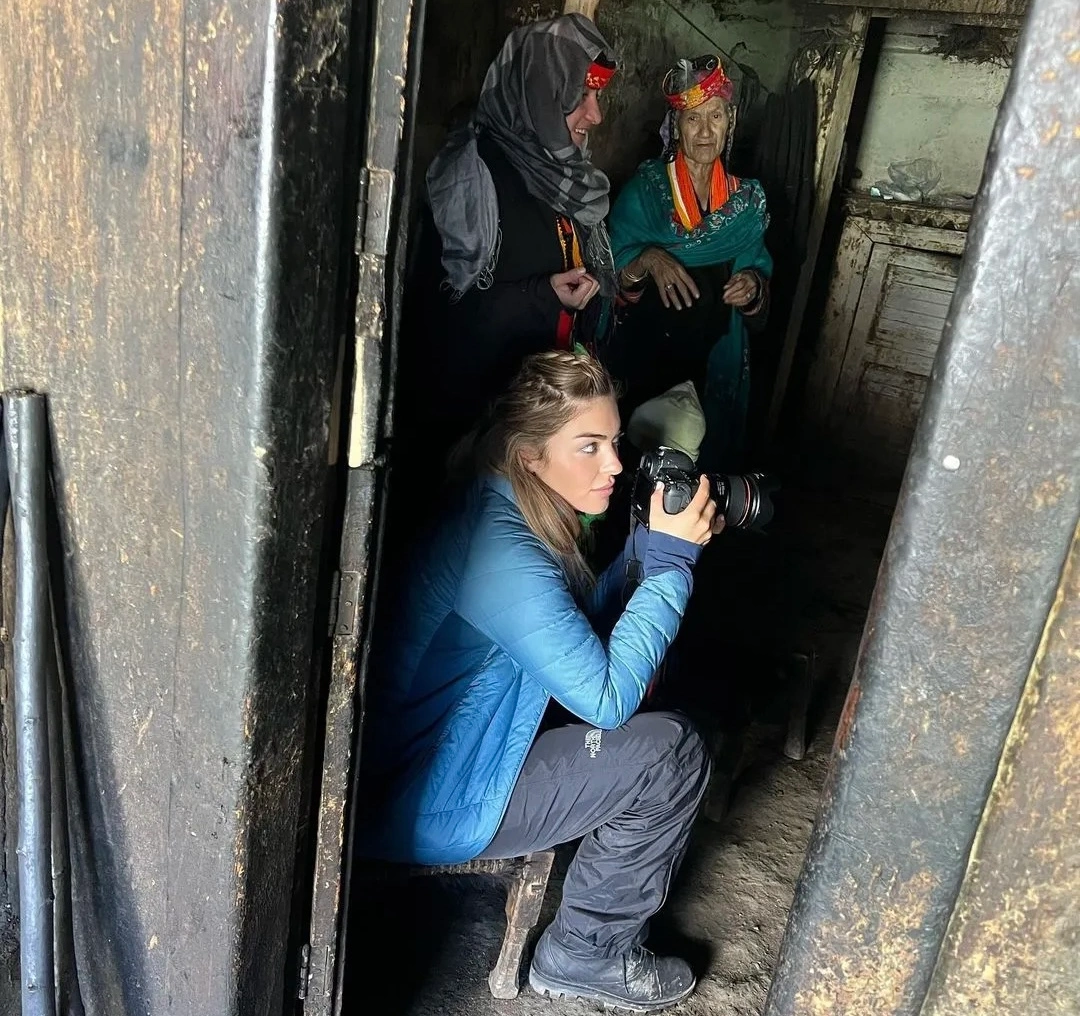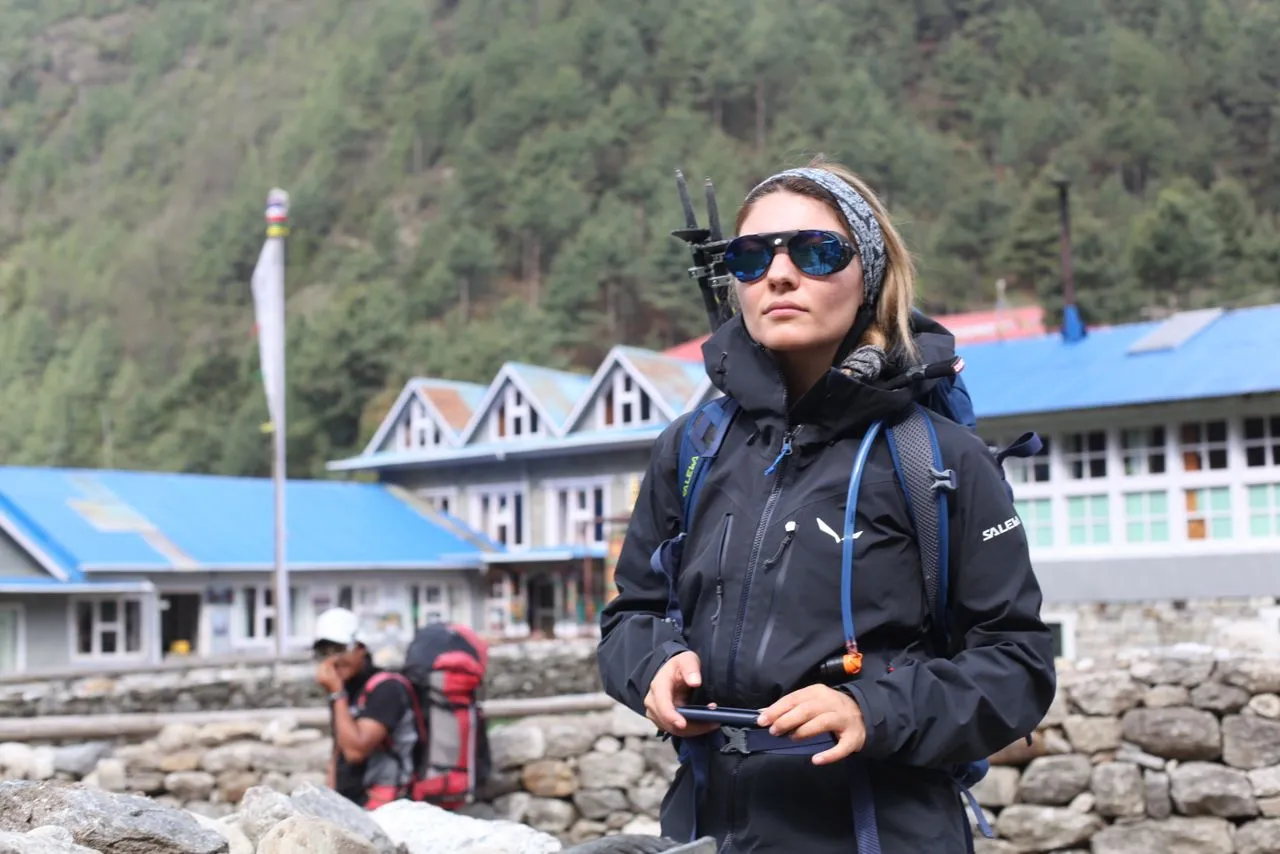The strangest part of the adventure is getting to know people you’ll never meet again. As a result, individuals reveal the underlying layers of their personalities, things they might have kept hidden from even their closest acquaintances. They cast aside their demanding and intricate facades and become their true selves.
Alternatively, they immerse themselves in roles they wish to embrace. They initiate a real-life performance and relish being in a desired life, savoring its flavors. Regardless of truth and falsehood, there is something very unassuming in people during the journey that has a profound impact. What remains from a trip and settles in one’s mind and soul follows an unknown and intricate formula.
The subtleties of strangers’ personalities, the smile of an individual, a brief conversation, remote and secluded places, a new taste of food, new beings like a tree or an animal found only in that region. Sometimes, specific points remain within us over time, like the exercises in elementary school textbooks where we connected scattered points to form a new shape. Generally, they were simple shapes. I don’t know if you also derived satisfaction from this activity, but sometimes revisiting a journey and reflecting on it brings back that passion.
Reflections on Argentina's Political Landscape
The points of my journey to Argentina took shape after a decade. I had a brief trip to Argentina en route to the South Pole. What brought it back to life was a peculiar news video from Buenos Aires that I came across last year. It resembled a Saturday market. People were bringing out their clothes, and in front of them, they were getting food. The rhythmic beat of drums and long lines of protesters were images that were later transmitted from that city in the following days. The town I had seen was calm, modern, and chic.
Glass towers stood alongside buildings with Baroque architecture, featuring arches and grand columns remnants of the colonial era, sitting side by side and imparting a historical grandeur to the city. The large square and public parks showed that this city had passed prosperous times.
In the heart of those clean streets, orderly intersections, large chain stores, brand-name shops, and pedestrians moving in tranquility, there was no sign that a decade later, people would witness street displays and performances as a symbol of protest due to severe inflation and a decrease in purchasing power, reflecting the devaluation of the national currency. Argentina was in the headlines for weeks.
As inflation became more uncontrollable, those protest displays turned into violent demonstrations. Later on, the story of Argentina’s elections, in most of the media I observed, was covered as a secondary news item. The presidential elections in Argentina had reached the second round, and political analysts were making their speculations.
Among the news, I heard Javier Milli, a right-wing politician who had proposed economic reforms such as closing the central bank and replacing the peso with the dollar. He was dubbed the “Trump of Argentina,” and there was considerable belief in his chances of winning. These speculations and guesses were exciting but could have been more significant.
Therefore, when I heard a few days later that the renowned Javier Milli had won the election, it seemed to me like one of the millions of news circulating in the world—news that may appear distant from us but, following the butterfly effect, will have its impact on us. Milli’s election neither reduced inflation nor emptied the streets of Buenos Aires. In the news, I saw those chic streets transformed into impoverished walkways. I presume this conflict is still ongoing.
Why was the news from Argentina vital to me?
Why did I carefully follow the course of these elections?
What connected me to Argentina?
Milli explicitly stated that a return to fossil fuels, the sale of wood from the vast forests of Argentina, and tourism are important sources of income. Climate change and the rising global temperatures should not lead the people of Argentina to abandon their resources. He advocated for this assumption in his election campaign, while the rest of the countries were indifferent to Argentina’s crises and pursued their interests. The pressure on Latin American countries to preserve the world’s ecosystem is unjust.

The story of the journey to China is so long that I don’t know where to begin. It starts with my mother. All the time spent finding classes and instructors, taking me to classes, worrying about finding my path in life, and all these activities were part of the daily hustle of life. In the 60s, when martial arts classes were somewhat informal, my mother found an instructor who taught girls, and I trained alongside the boys. Kung Fu was my mother’s discovery, as she believed this sport could help me release a lot of energy and, at the same time, improve my focus.
I heard about the Shaolin Temple and its masters during those same classes. The desire to go to Shaolin and learn from those masters existed in the hearts of all of us teenagers in that class, but it was so out of reach that we contented ourselves with watching action movies. Seeing the Yin and Yang symbol marked the beginning of a phase in my life when one of the disciples had attached it to the wardrobe in the school.
Learning the basics of ancient Chinese philosophy took a lot of work; almost all the books published in this field were forbidden. New books couldn’t be written, or if they were, I, as a teenager, didn’t have access to them. The internet also came much later; I only discovered that Kung Fu encompasses intricate cosmology.
Insights from Immersion with Indigenous Communities
In contrast, the indigenous people of Argentina, who primarily reside in the forests and engage in livestock farming and agriculture, stage significant protests against Milli. The Indigenous people, who were the original owners of this land before its exploration, constitute one of the poorest populations in Argentina. Around thirty indigenous tribes live scattered throughout Argentina. While there are advocates for indigenous rights, they need a voice in the country’s policymaking.
The timber trade and the establishment of mining exploration and extraction facilities have entirely altered their way of life. They are constantly displaced from their homes and forced into more inaccessible areas. This scattering has a compounded effect, making it challenging for them to unify in protest. This was my first encounter with an indigenous community living in their habitat and not settling on the outskirts of cities. I am trying to remember how we ended up there. I have forgotten the name of their tribe and our guide. I lived with these indigenous people for less than two days. Despite poverty, they led a joyous, simple life.
Every night, they gathered, played the guitar, and danced. They were warm and invited us to participate in everything they did. It was a tourist area, and many visited the indigenous people. The indigenous people treated us like guests. They shared their food with us, tried introducing us to new things, and amazed us. We sat on the ground, and a woman valued and respected in their community took out our fortune.
We were more of an entertainment for them than a source of income. Seeing that we couldn’t make a fire or shape a piece of wood, they would laugh and want to teach us the proper way. Despite all this, they were interested in us buying their handicrafts—jewelry and small sculptures made from wood, stone, or tree resin. Each piece of jewelry had a function and brought happiness and opening. I later felt this genuine love and simplicity in my business as well.
The tourist turned into a guest. The collective joy I witnessed there was so authentic that I felt a sense of kinship and closeness to them.
During these ten years, how has their life changed?
Where have they ended up?
Most of the young men were miners around them. Many migrated to the city after a while, and some became urban fringe dwellers. Is the tribe still intact? Are the people as happy as before? I look at the children and young girls, the ones who were the original creators of the jewelry. Which one of them made the necklace I bought from there? How hungry are they? How destitute have they become? Javier Milli has been the president for less than three months, and the outcomes of the systems he intends to pursue are uncertain.
Like other politicians, he does not care about the individual lives affected by migrations, departures, losses, collapses, and the following sorrows. Travel has this unique quality. You become kin with those you no longer see but will worry about their fate, relatives on other continents. You always think about going back and meeting them again, savoring the taste of that friendship. However, you know what you have experienced was the last moments of collective life, and everything rigid and stable turns into smoke and dissipates into the air.




